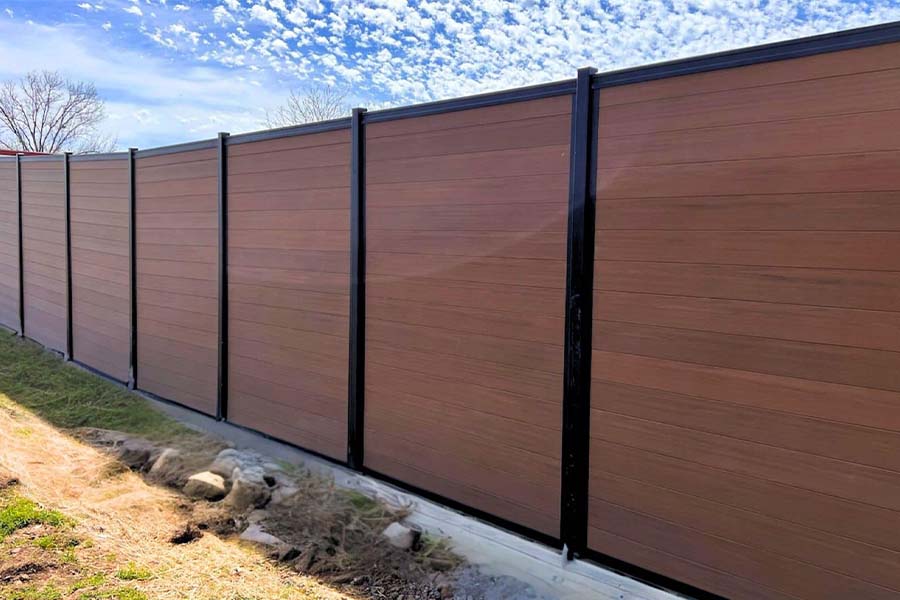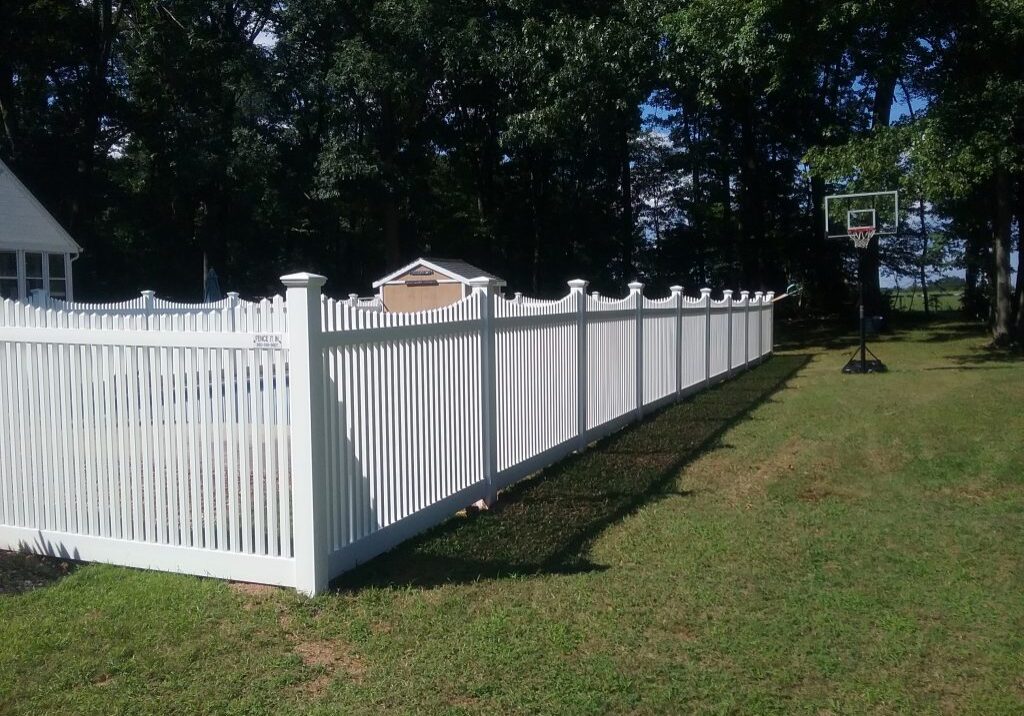All Categories
Featured

Selecting the best fencing material is necessary for accomplishing the balance of sturdiness, appearances, and functionality that matches your home. Timber, plastic, and aluminum are popular options, each with one-of-a-kind functions that accommodate particular needs. Below's a thorough check out the advantages and negative aspects of these three materials.
Timber Fencing. Pros:. Timeless Allure: Timber supplies a natural, traditional look that matches different architectural designs. Adjustable: It can be repainted or discolored in a selection of layouts and shades. Cost effective: Timber fencings are frequently less costly upfront than vinyl or light weight aluminum. Eco-Friendly: As a renewable energy, timber is eco-friendly and sustainable when sourced sensibly. Disadvantages:. Maintenance-Intensive: Requires normal discoloration, painting, or sealing to protect versus weather condition and insects. Shorter Lifespan: Relying on the sort of timber and climate, it commonly lasts 10-15 years. Susceptability to Damages: Prone to decaying, warping, and termite damages without correct treatment. Timber is excellent for homeowners who value visual appeals and want to spend time and effort in maintenance to prolong its life.
Vinyl Secure Fencing. Pros:. Durable: Immune to parasites, rot, and climate, vinyl keeps its framework in extreme problems. Low Maintenance: Requires little maintenance past occasional cleansing. Lengthy Lifespan: Vinyl can last 20-30 years without considerable wear or damage. Functional Styles: Readily available in numerous colors, textures, and styles, consisting of choices that imitate timber. Disadvantages:. Pricey Setup: Plastic fencings are more costly to set up contrasted to wood. Brittle in Winter: Vinyl can split in severe cool environments. Tough to Repair: If damaged, whole areas might need replacement, which can be testing to match. Plastic fence is a wonderful option for those prioritizing durability and minimal upkeep, also if it includes a greater ahead of time expense.

Aluminum Fencing. Pros:. Rust-Resistant: Aluminum does not rust, making it perfect for damp or moist locations. Solid however lightweight: Offers toughness without being extremely heavy, which streamlines installation. Low Maintenance: Requires little bit greater than cleaning and occasional repainting. Long life: Aluminum fences can last for decades without considerable wear and tear. Classy Designs: Often made use of for decorative objectives, aluminum adds elegance to any kind of building. Disadvantages:. High Preliminary Cost: Light weight aluminum fencings are amongst the much more pricey choices. Limited Privacy: Commonly created with open spaces, they don't obstruct sights or sound. At risk to Dents: While durable, aluminum can be nicked or curved with hefty effect. Light weight aluminum is ideal suited for those that want a durable, elegant fence and do not require full privacy.
Making the Right Selection. Each material has its toughness and weak points:

Wood is best for standard looks and eco-conscious purchasers that do not mind maintenance. Plastic functions for home owners seeking a weather-resistant, low-maintenance remedy. Light weight aluminum is a long lasting, ornamental option for those that desire sophistication and durability. Consider your top priorities-- whether it's cost, appearance, maintenance, or personal privacy-- and get in touch with a secure fencing specialist to pick the material that finest satisfies your requirements. A well-selected fencing will enhance your residential or commercial property for many years to come.
Latest Posts
Say Goodbye to Old Bathrooms with Bath Fitter
Published Jan 20, 25
0 min read
Full Circle Marketing: Innovative Services for Your Business Goals
Published Jan 20, 25
1 min read
When Budgeting for a Fence?, What Hidden Prices Should I Think About.
Published Jan 20, 25
0 min read